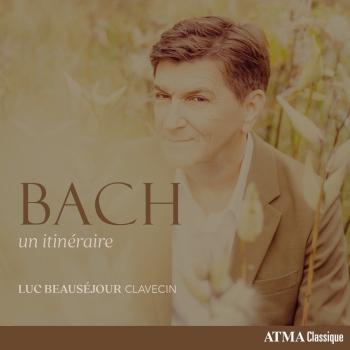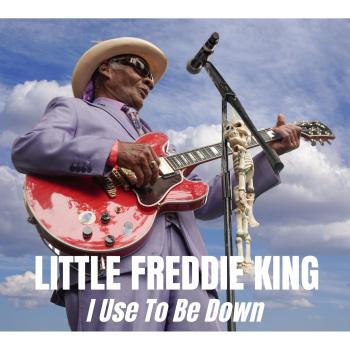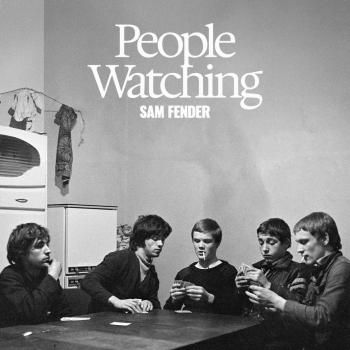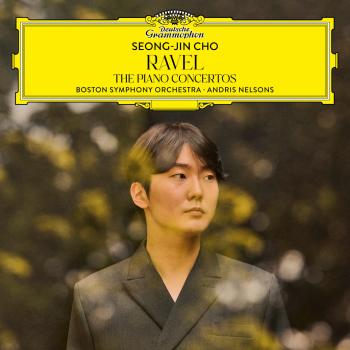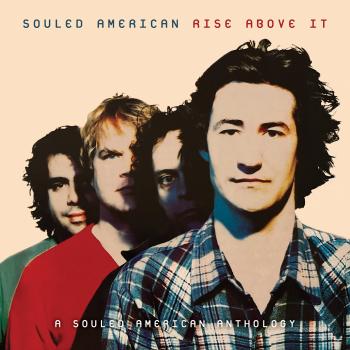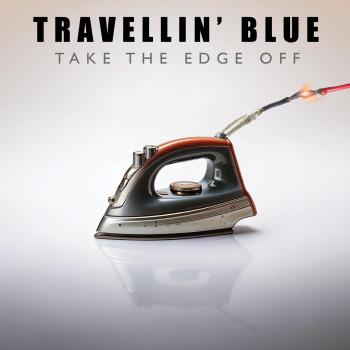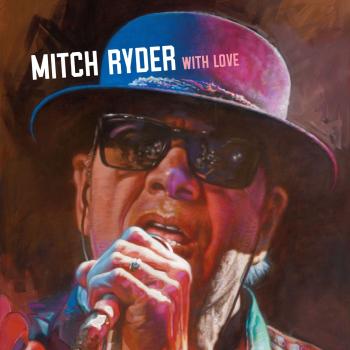
Virtue (Remastered) Alphonse Mouzon feat. Gary Bartz
Album info
Album-Release:
1977
HRA-Release:
23.01.2015
Album including Album cover
- 1 Master Funk 03:41
- 2 Baker's Daughter 05:54
- 3 Come Into My Life 05:08
- 4 Nyctophobia 06:58
- 5 Virtue 08:24
- 6 Poobli 05:33
- 7 The Mouzon Drum Suite: A. Jazz-Rock-Improvisation / B. Out of the Desert / C. Colors of Africa / D. Total Swing 08:32
Info for Virtue (Remastered)
The Jazzrock/Funk-gem "Virtue" shows energy drummer Mouzon at the height of his early career, surrounded by one of his most stimulating bands ever. Feat. Gary Bartz and Stu Goldberg.
Digging deep into the MPS catalog for its first reissues of 2009, Promising Music revives drummer Alphonse Mouzon's Virtue, an eclectic 1977 fusion date that may have coasted towards nascent smooth jazz territory but highlights the significant difference between what that term meant then and now.
With a chorus singing "Master Funk" over the funky opening track of the same name, and Mouzon's get-down clavinet playing (he adds a wealth of keyboards in addition to those played by Stu Goldberg) over a disco-fied beat, it's hard not to think of this as the dangerous territory towards which originally hard-edged fusion was evolving. But with Gary Bartz's sax bringing some lean, bopish lines to Mouzon's booty-shaking beat, it's at least possible to ratchet down the groan factor a notch.
Phase-shifted Fender Rhodes and soprano sax on the rubato intro to "Baker's Daughter" reference early Weather Report, a reminder that Mouzon was the legendary supergroup's first drummer. But the intro merely sets up a fiery samba that, with Mouzon's wordless falsetto vocal, recalls Light as a Feather-era Return to Forever, as Mouzon, bassist Welton Gite, and Goldberg bolster a searing solo from Bartz that's followed by an even more blistering modal piano solo from Goldberg. Goldberg's playing throughout makes it a real shame that he never found the widespread acclaim he so clearly deserved.
While "Master Funk" and the grooving ballad "Come Into My Life" approach the contemporary jazz style that would ultimately lead to today's smooth jazz, it's important to acknowledge the difference. This was not pre-programmed chill-out music, and while it took advantage of the studio to create richer layers, this was still music played live by real players. Compared to some of Herbie Hancock's post-Headhunters excursions into disco at that time, Virtue remains an honest album that may have been looking for an audience, but doesn't abjectly pander. "Nyctophobia"—first heard on Level One (Arista, 1974) by guitarist Larry Coryell's group Eleventh House (also featuring Mouzon)—proves that Mouzon was still capable of virtuosic intensity, with relentless solos by Bartz and Goldberg pushed forward by Mouzon's take-no-prisoners approach and Gite's equally potent support, all of which continue on the equally unyielding title track.
"Poobli" returns to the funkier, Headhunters territory that Hancock had since deserted, featuring a Minimoog solo from Goldberg that, again, makes his relative footnote status a shame, but it's the album closer, the four-part "The Mouzon Drum Suite" that ensures Virtue's eclectic status. Ranging from the full-out assault of "Jazz-Rock Improvisation," to the groove-centric "Out of the Desert," the Afro-flavored "Colors of Africa," featuring Mouzon on hand percussion and mbira, to the closing "Total Swing" that brings the suite full-circle, it's an eight-minute history lesson in percussion and rhythm—all performed by Mouzon.
Mouzon has since moved more directly into smooth jazz territory, but Virtue remains a reminder that he was still capable of uncompromising, high energy fusion and kick-ass grooves, with a group of players equally up to the challenge.“ (John Kelman, AllAboutJazz)
Alphonse Mouzon, drums, percussion, piano, synthesizer, Hammond organ, Hohner clavinet C
Gary Bartz, soprano saxophone (on tracks 2-4, 6)
Gary Bartz, alto saxophone (on tracks 1, 5)
Stu Goldberg, piano, Fender Rhodes electric piano, Minimoog, all keyboards
Welton Gite, electric Gite bass
Recorded in November 1976 at Tonstudio Zuckerfabrik Stuttgart/Bad Cannstadt, Germany
Engineered by Christoph Wertz, Gibbs Platen
Produced by Joachim E. Berendt
Digitally remastered
Alphonse Mouzon
of African, French and Blackfoot descent, was born on November 21, 1948 in Charleston, South Carolina. He received his first musical training at Bonds-Wilson High School and moved to New York City upon graduation. He studied drama and music at the City College of New York as well as medicine at Manhattan Medical School. He continued receiving drum lessons from Bobby Thomas, the drummer for jazz pianist Billy Taylor. He played percussion in the Broadway show Promises, Promises, he then worked with pianist McCoy Tyner. He spent a year as a member of the jazz fusion band, Weather Report. After that Mouzon signed as a solo artist to the Blue Note label in 1972.
Mouzon's visibility increased with his tenure with guitarist Larry Coryell's Eleventh House fusion band from 1973 to 1975. Albums from this period include Introducing the Eleventh House, Level One, Mind Transplant (a solo album), and in 1977, a reconciliation recording with Coryell entitled Back Together Again.
Mouzon recorded Mind Transplant in 1974 with guitarist Tommy Bolin, who had previously played on Billy Cobham's Spectrum.
He recorded four R & B albums, including The Essence of Mystery (Blue Note 1972), Funky Snakefoot (Blue Note 1973) and The Man Incognito (Blue Note 1976), including 'Take Your Troubles Away' and in the 1980s By All Means featured Herbie Hancock, Lee Ritenour, Seawind Horns and Freddie Hubbard.
Mouzon performed with many prominent jazz-fusion musicians. In 1991, he performed with Miles Davis on the movie soundtrack album entitled "Dingo". Mouzon composed the song "The Blue Spot" for the jazz club scene and appeared as an actor and drummer in the Tom Hanks-directed film, That Thing You Do in 1996. Alphonse Mouzon played the role of "Miles" in the film The Highlife, which was exhibited at a film festival in Houston in 2003. He also can be seen with Michael Keaton and Katie Holmes in the film First Daughter, and as 'Ray" in the movie The Dukes, along with Robert Davi, Chazz Palminteri and Peter Bogdanovich.
Mouzon played with Stevie Wonder, Eric Clapton, Jeff Beck, Carlos Santana, Patrick Moraz, Betty Davis and Chubby Checker. Robert Plant, lead singer of Led Zeppelin, during his acceptance speech for induction into the 1995 Rock & Roll Hall of Fame, listed Alphonse Mouzon as one of the band's influences from American music.
In 1992, Mouzon formed Tenacious Records and released his album The Survivor. Subsequent releases on Tenacious Records included On Top of the World, Early Spring, By All Means, Love Fantasy, Back to Jazz, As You Wish, The Night is Still Young, The Sky is the Limit, Distant Lover, Morning Sun, and Absolute Greatest Love Songs and Ballads.
The 1981 album Morning Sun was his most successful album in Southeast Asia, particularly in the Philippines. Most songs in the album, notably the title track, were extensively played in various FM and AM radio stations during that time, and are still being used in advertisements, commercials, social events and radio news programs in that country.
Mouzon played on a recording with Albert Mangelsdorff (trombone), and Jaco Pastorius (bass), named Trilogue. Originally recorded in 1976 and re-released in 2005, this performance was from November 6, 1976, at the Berlin Jazz Days.
In 2014, Mouzon was invited by producer Gerry Gallagher to record with Latin rock legends El Chicano as well as David Paich, Brian Auger, Alex Ligertwood, Ray Parker Jr., Lenny Castro, Vikki Carr, Pete Escovedo, Peter Michael Escovedo, Jessy J, Marcos J. Reyes, Siedah Garrett, Walfredo Reyes Jr., Salvador Santana and Spencer Davis and is featured on drums on two tracks "Make Love" and "The Viper" that are part of Gallagher's most recent studio album due to be released in 2017.
This album contains no booklet.

